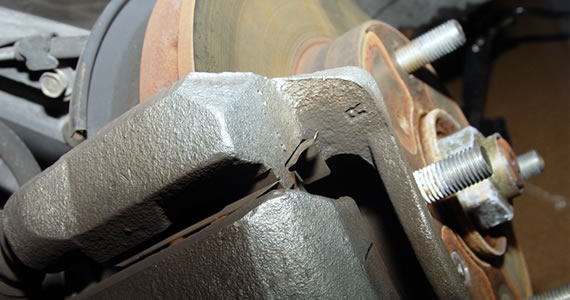Besides car washes and quality gas, it’s important to practice a few other steps to increase the longevity of your vehicle. It will not only lead to less mechanical issues, but can also increase the overall value of the car. Use these habits of maintaining your car for better performance value.
Replace the Fluids
Check the transmission fluid with the engine running and replace it every 100,000 miles or when the oil becomes murky or dark. The brake fluid, coolant, and windshield wiper fluid should also be checked at the same time and replaced when low. You can find all these liquids at your local auto parts store. Consult your owner’s manual or sales associate to make sure you get the best product for your particular vehicle.
Change the Oil
Change the car’s oil every 3,000 to 3,500 miles to maintain a clean and efficient transmission. The oil is often considered the blood of the vehicle, making it important to refill if the level drops below the line on the dipstick. You can change the oil yourself with proper instruction, or take it to the mechanic for oil change and tune up.
Detail the Vehicle
The interior of the vehicle should be maintained with frequent cleaning and vacuuming once a week. Both the interior and exterior should be detailed once a year to remove minor scratches, stains, and grime that has built up with use. The nicer your car looks, the easier it will sell.
Replace the Brakes
To maximize your brakes’ efficiency, have them replaced by a professional once they begin to wear or squeak. The brakes should be checked at least once a month to prevent them from failing. If you start to hear strange squeaking or grinding noises, or have to stop farther back, it is time for the breaks to be inspected.
Check the Tire Pressure
Check the tire pressure once a week with a tire gauge when it’s cold outside to prevent heat expansion with the air. Look in the owner’s manual for the recommended PSI that is specific to the vehicle. If you’re tires are low, you can typically fill them with air at your local gas station. If your tires are regularly low, there may be a leak that needs repair.
Replace the Air Filter
Replacing the engine’s air filter is crucial to protecting the engine from debris, while also providing enough oxygen. Inspect the air filter every few months and replace it when it begins to look clogged to ensure it still works to efficiently catch bugs and leaves that get close to the engine.
With some extra TLC, it’s possible to extend the life of your car and improve the overall condition. By staying up-to-date on the fluids and checking the tire pressure, it’s possible to ensure a smooth ride and get more out of your car for a clean and efficient vehicle.














